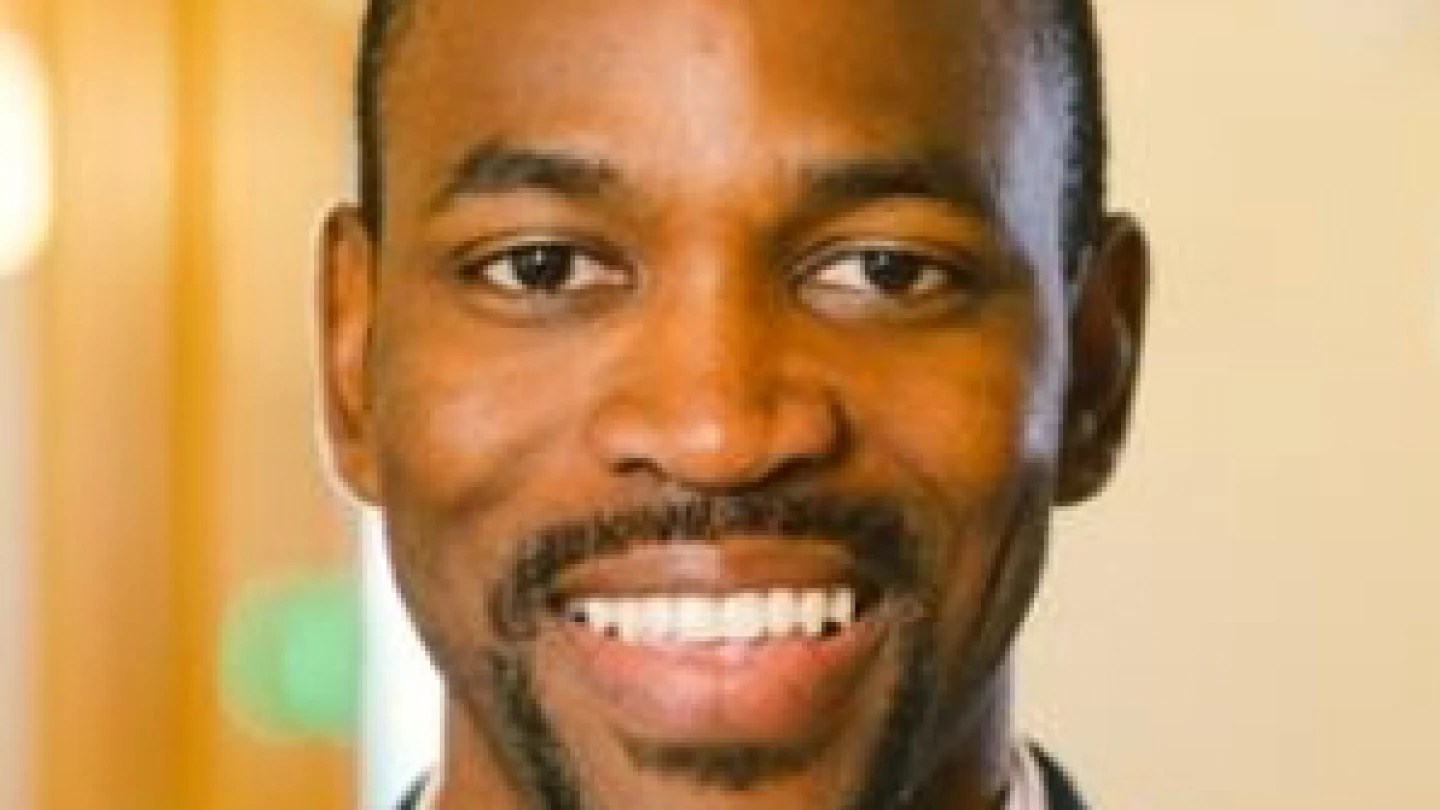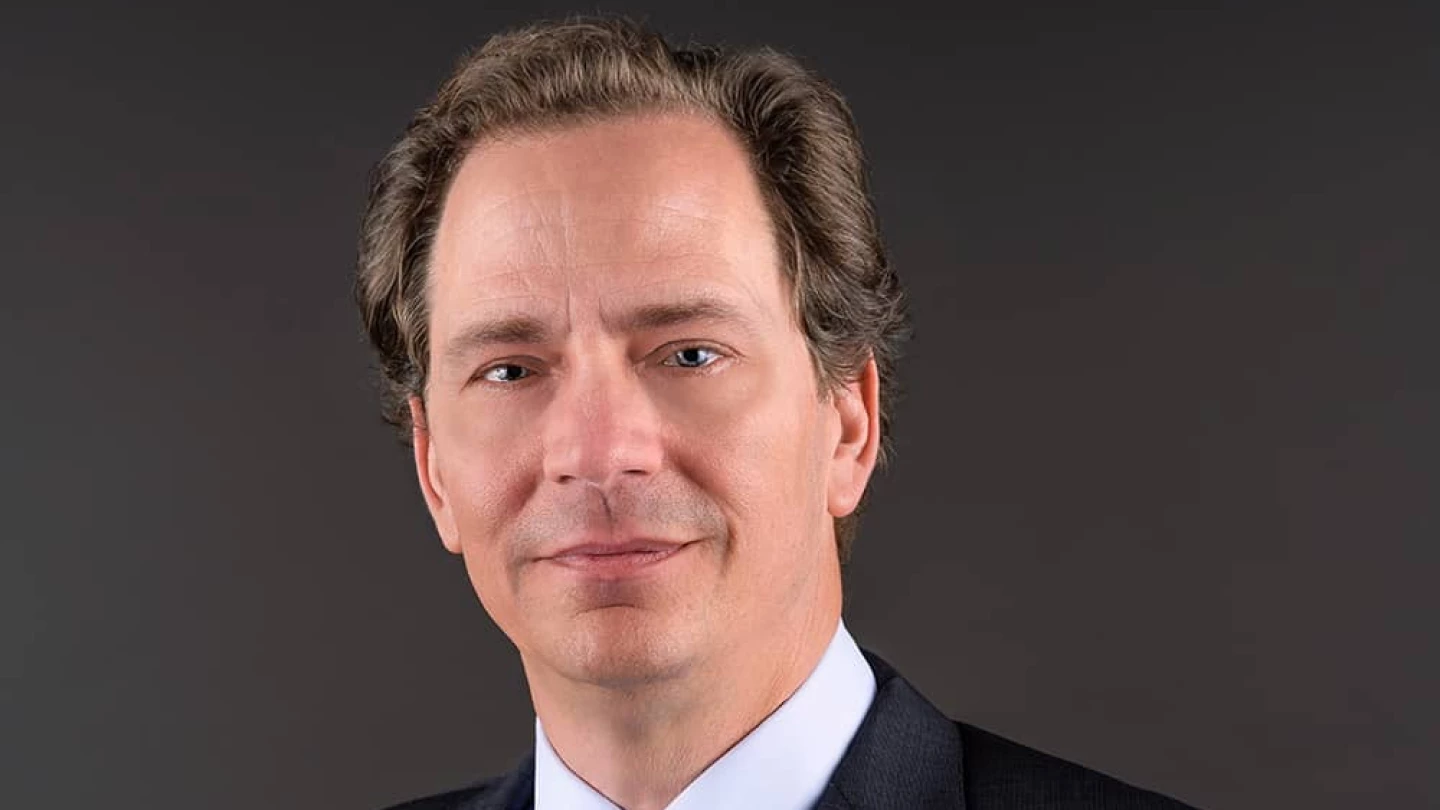RWE is one of the major players in the global offshore wind market and aims to be climate-neutral by 2040. Tell us about RWE’s mission-driven purpose. What are some challenges you have faced, and how are you overcoming them?
RWE has set itself an ambitious target to be climate neutral by 2040, and to be a leading driver of the sustainable energy transition, investing €50 billion in this decade into green growth. Offshore wind is a main element of that, both in terms of current and future investments, and in terms of contribution to the company’s earnings. For RWE, this is a major transformation—from a company that used to be mainly driven by its conventional and nuclear generation fleet to now being one of the leading companies is renewable energy. This is a massive provider of purpose and motivation to our teams. We firmly believe that the future of energy supply to our societies has to be sustainable and green—and we want to be a prime provider of that sustainable energy. The challenge is a positive one: to ensure that we can manage the very steep growth that comes with this. This means on the one hand that we grow the organization very significantly, adding approximately 50 new employees every month for offshore alone. And it means we need to manage significantly more projects, markets, and activities than before—which requires a transformation in processes, dissemination of know-how within the organization, and working in highly international and partially virtual teams. The nice thing about it: these are all features of a very modern company, and our employees embrace them.
You worked in the geophysics, oil and gas, and energy sectors. How has your career journey prepared you for your current role? Where did your passion for clean energy originate?
It has obviously been a journey over many years, and it is more a funny coincidence that there is in fact a bit of geophysics involved in what we do. But the real thread through my career is something else. It is how energy is provided to our society; and the journey has been to find what I consider my real passion—building offshore wind farms—which is one of the most fascinating and most rewarding things I can imagine. And I have been very fortunate that I was able to shape the offshore wind industry from its very early days. In fact, I have been personally involved in building Germany’s very first offshore wind farms, and some of the very early ones in the UK as well. These were exciting times, when we had to literally invent and develop how offshore wind farms are actually being developed, constructed, and operated. Not everything worked well the first time. But we were able to ultimately transform offshore wind from a niche technology into one of the main pillars of our future energy landscape. Being able play a role in that transformation of this industry and to personally shape it has been highly rewarding.
“You cannot know everything in advance. It is about staying flexible and being willing to learn and adapt. A career in sustainable technologies is a great choice. It is so dynamic, full of opportunities and development possibilities. And it is rewarding in terms of purpose and motivation.”
What types of new technologies is RWE using to provide better solutions for the efficient use of energy sources globally? What are you most hopeful for regarding the future of RWE?
Our main investment focus is on offshore wind and onshore wind, PV, batteries, and green hydrogen. All of these are still technologies with further innovation and optimization potential. But of course we also invest a lot—not just money but also intellectual property—into many of the underlying technologies. As an example, we have leading-edge capabilities in understanding the wind resource, how it translates into energy yield, and how that can be optimized. This involves topics such as complex fluid dynamics modelling. One of the more exciting frontiers is to make floating offshore wind, which can be deployed in deep waters, technically mature and economically viable. Once we have done that—and I am convinced it is only a matter of time—floating will expand the applicability of offshore wind to many new geographies, such as California, where the wind resource is great but the water is deep. The exciting future of RWE is to be one of the leading providers of climate-neutral, sustainable energy to our society.
Any advice you can give to those looking to take the same road in the climate and sustainability space? What do you wish you had known before starting this journey?
You cannot know everything in advance. It is about staying flexible and being willing to learn and adapt. After university, with my degree in geophysics, I started to work in oil and gas exploration and production—one of the things you do as a geophysicist. It was a great experience with a great company, and taught me a lot. But at some point, I wanted to broaden and give myself more options for the future—not be limited to oil and gas. At that point, BCG, and a career in strategy consulting, was a fantastic opportunity. And it ultimately helped me to find my way into renewable energy, which at that point I realized was where I wanted to build my career. In any case, a career in sustainable technologies is a great choice. It is so dynamic, full of opportunities and development possibilities. And it is rewarding in terms of purpose and motivation.
Are there any experiences or lessons you took with you from your time at BCG that continue to influence how you operate and lead your team today?
Definitely many. I always refer to it as my “MBA on the job.” It was great fun to be thrown into my first project assignment—on a matter I knew absolutely nothing about! It taught me that it isn’t always about what you know, but about how you approach things and how you think about them, applying some basic business sense. I have always perceived BCG as one of the most modern organizations, always staying leading edge in how to manage in today’s world—working in a global setup, in virtual teams, adapting to new realities. That is what I also try to do in my role.


